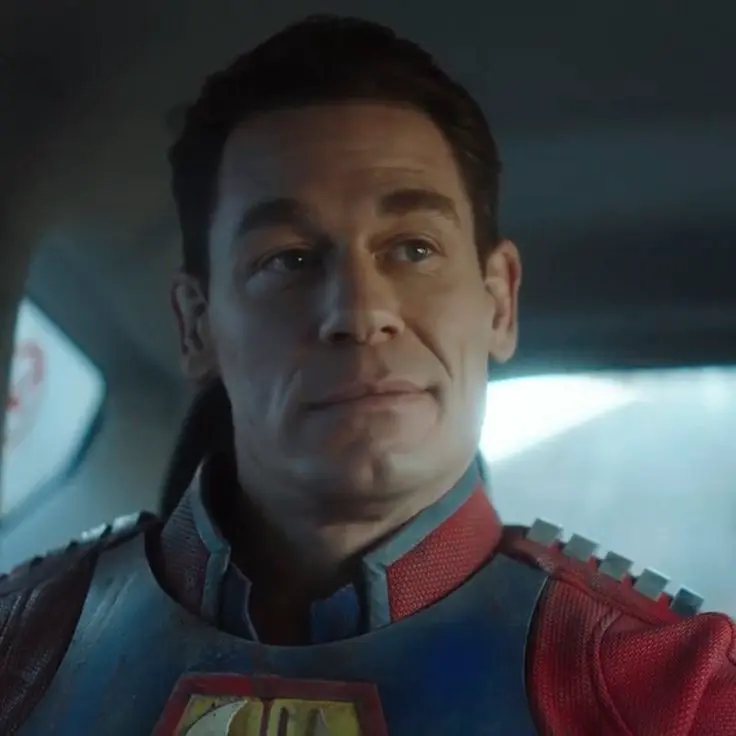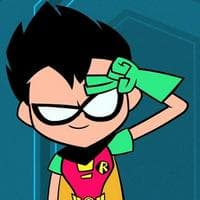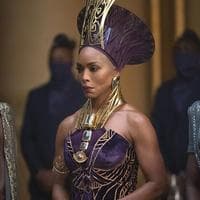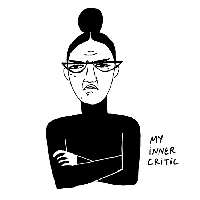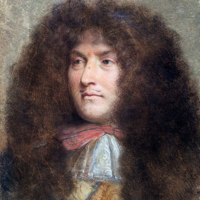Harvey Dent "Two-Face" MBTI -Persönlichkeitstyp
Persönlichkeit
"Welcher Persönlichkeitstyp ist {profilename}? {profilename} ist ein {MBTI} -Persönlichkeitstyp in MBTI, {enneagram} - {iv} - {tritype} in EnneArgram, {big5} in Big 5, {socionics} in Socionics."
See, I definitely believe that Harvey and Two-Face have different enneagram types (Harvey being 1w2 and Two-Face being 8w9), but I'm pretty certain based on what I've read in the comics that both Harvey and Two-Face are ESTJ. They have different trauma-driven motivations, which can be described by enneagram - Harvey wants to enforce order via upholding and enacting the law - very in line with the 1w2 tendency to hold himself and everyone to a high moral standard, in Harvey's case based in the law itself. Meanwhile Two-Face was formed as a protector in childhood, and embodies the 8w9 tendency to protect himself and those he considers an extension of himself. It also explains why he takes betrayal so seriously. However, both definitely have the makings of a Te dom at their core, from a cognitive standpoint. Te-Fi Axis | Harvey - Harvey's emotional struggles, especially obvious immediately prior to the assault, were largely directed inward, and he is marked by repression and fear of his own feelings (which Two-Face is far closer to). This is indicative of inferior Fi, far more so than high Fe. He hid his emotions from others (including his wife and best friend) out of a sense of shame, bottling his issues up and tossing himself into his work, which as a prosecutor, he constantly analyzed and applied an external set of rules to various scenarios. While he had to learn how to read people as a lawyer, that is something Te doms can do, it's just done from a more analytical angle than a naturally emotionally-driven connection with others. In many comics (EOTB, TLH, and Two-Face: Year One come to mind), it's all about solid evidence for him - he wants hard proof and likes to win his cases based on that as opposed to employing emotional tactics alone. Te-Fi Axis | Two-Face - After the assault, Two-Face becomes the primary alter, despite having existed for years. He's far closer to his own anger than Harvey is, and while he doesn't fear it nearly as much, it is something he has very little control over and struggles to manage. This is another trait associated with low Fi, especially under times of greater stress. Two-Face is tripping over his anger and falling face-first into his compulsions and aggression, and he lets himself do it because it makes him feel safe. Despite this, he remains an expert strategist and tactician in the realm of crime. He uses his existing knowledge of both sides of the law naturally to gain a foothold in the criminal world very quickly. The key difference between the two is avoidance vs acceptance of their Fi, though it's clear Two-Face does not have a proper handle on his emotions despite acknowledging their existence. Note: Both Harvey and Two-Face struggle with black and white thinking (a common fallacy that immature/unhealthy Te doms tend to jump into) their entire schtick being that they need to boil the world down into dichotomies in order to enforce a false sense of control on their surroundings and on their emotions. Why introspect when you can flip a damn coin and have it be over with? Re: ESTJ vs ENTJ, Dent has some glaring high Si moments in the comics. He often recalls highly specific things people have said to him, gets hung up on promises and betrayals, and gravitates toward a sense of familiarity. He is fixated on the past and his old life more than he cares to admit, especially regarding his face. In desperate times, he crawls back to Bruce or Gilda, often struggling to accept just how much things have changed. It may be a bit of a stereotype, but since high Si users have the inclination to make decisions and judgments based on past sensory information, it's something to consider. His dependence on the law for a sense of stability (a surrogate father figure in a way that was believed to be always fair and consistent, unlike his own) also is in line with the tendency of high Si users to find a compatible organizational or moral structure to live in, and coexist with, neither looking to change it nor take it down. For Harvey, this is the institution of the law. For Two-Face, this is the simplified judgment of the coin and the concept of "fate" itself. Also, his coin very well serves as an unhealthy way to cope with Te-Se loops. He is overwhelmed by possibilities to the point where it is distressing and paralyzing. The only way he can cope is by choosing two options and letting a literal coin decide for him. I don't recall any time where it seemed he was in a Te-Se loop, but by contrast, he seems to be in a perpetual cycle of Te-Ne loops that crash into Fi grips. This is a longass comment but Two-Face is a character that I hold very dear and am well-acquainted with. He's a very fun one to analyze, especially in regards to his conflicting emotions and opinions within himself. However, without these shared similarities in cognition, he wouldn't truly be the two sides of the same coin that he is.
Biografie
Two-Face (Harvey Dent) is a fictional supervillain appearing in comic books published by DC Comics, commonly as an adversary of the superhero Batman. The character was created by Bob Kane and Bill Finger and first appeared in Detective Comics #66 (August 1942). As one of Batman's most enduring enemies, Two-Face belongs to the collective of adversaries that make up Batman's rogues gallery.
Persönlichkeit correlate

Bruce Wayne "Batman"

Joker

Clark Kent / Kal-El "Superman"

Red Hood

Catwoman

Harleen Quinzel “Harley Quinn”
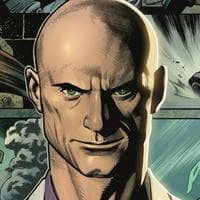
Lex Luthor

Poison Ivy

